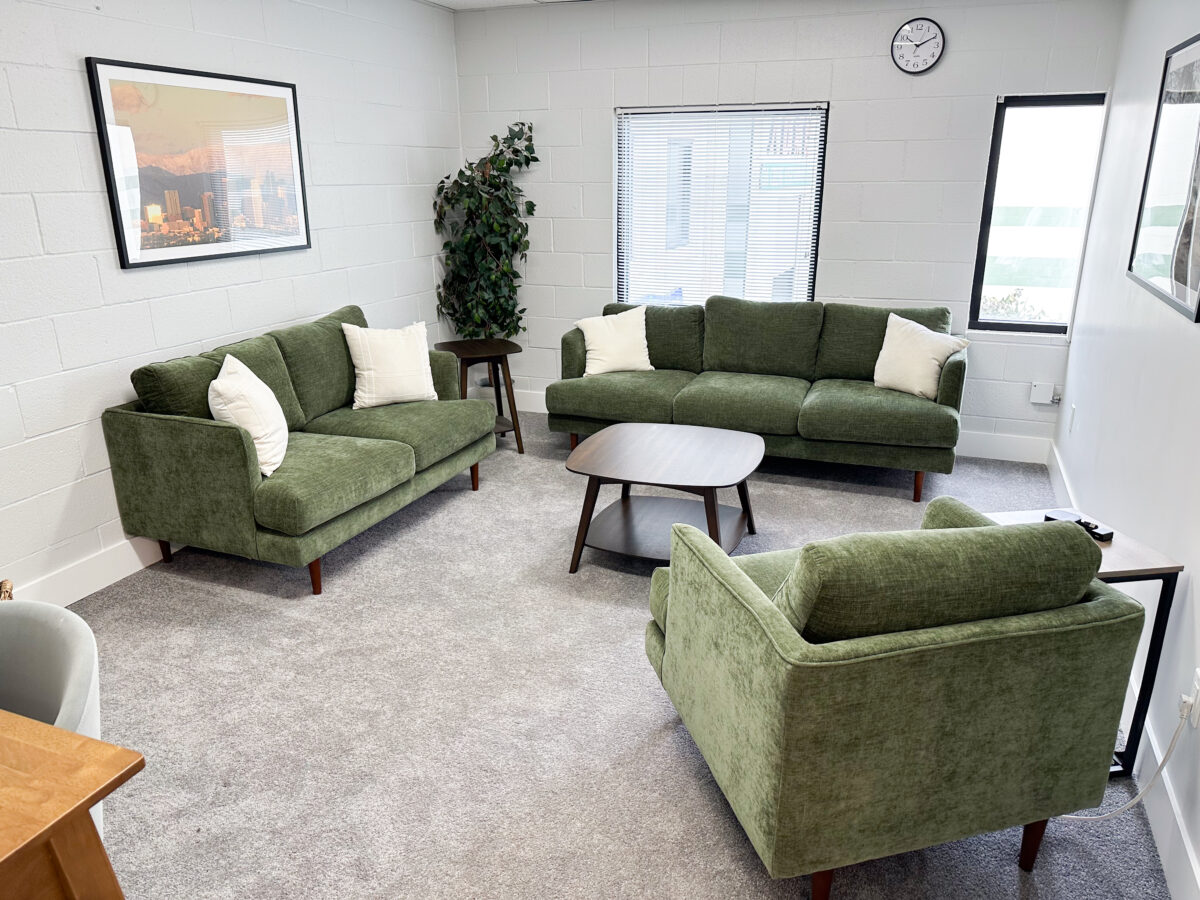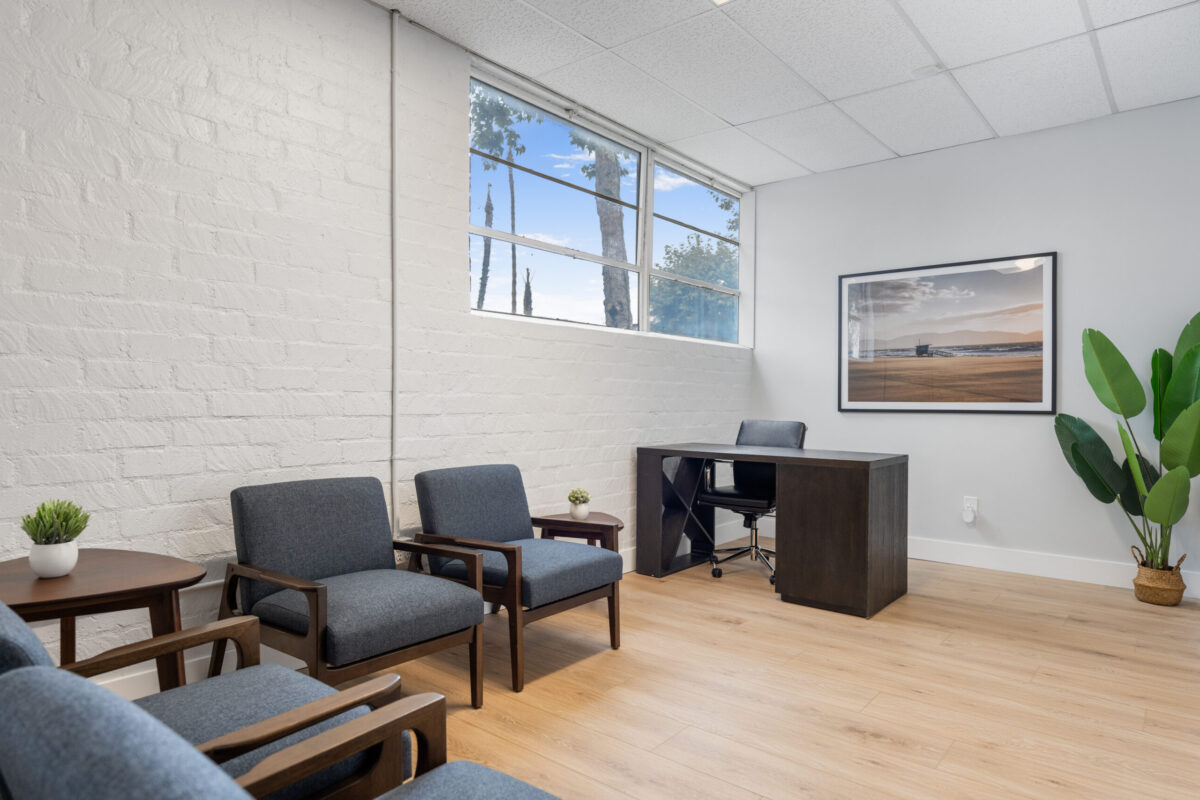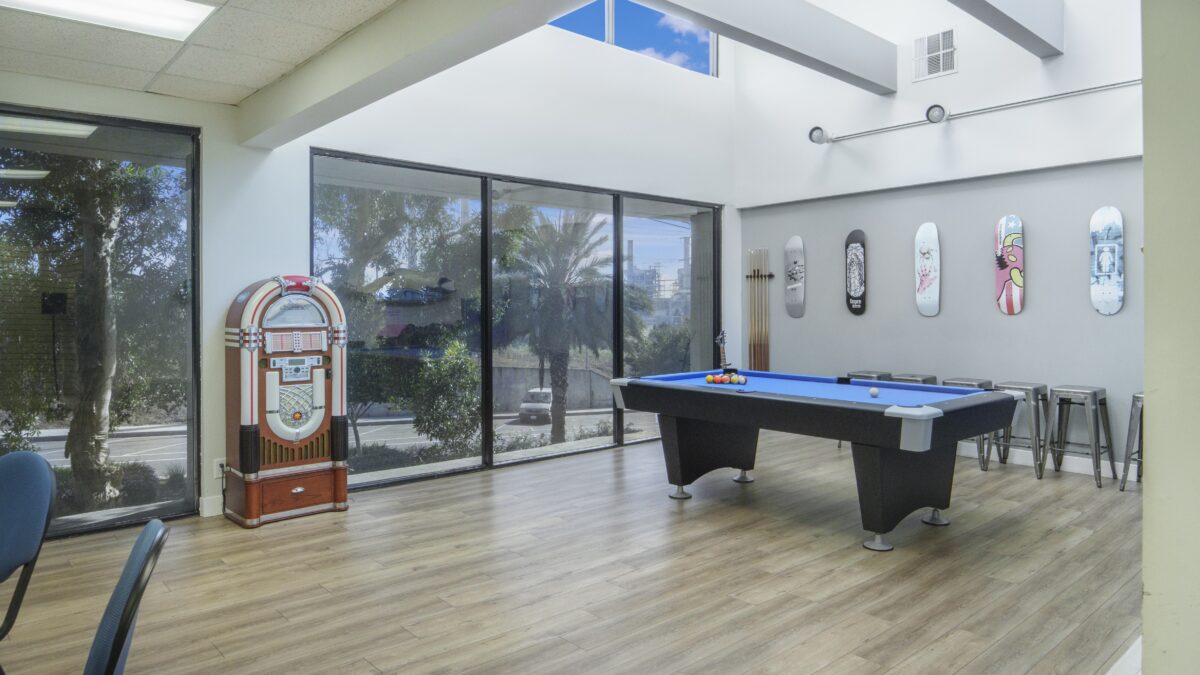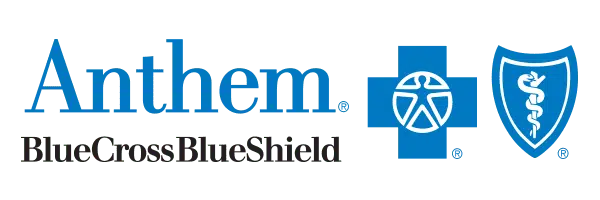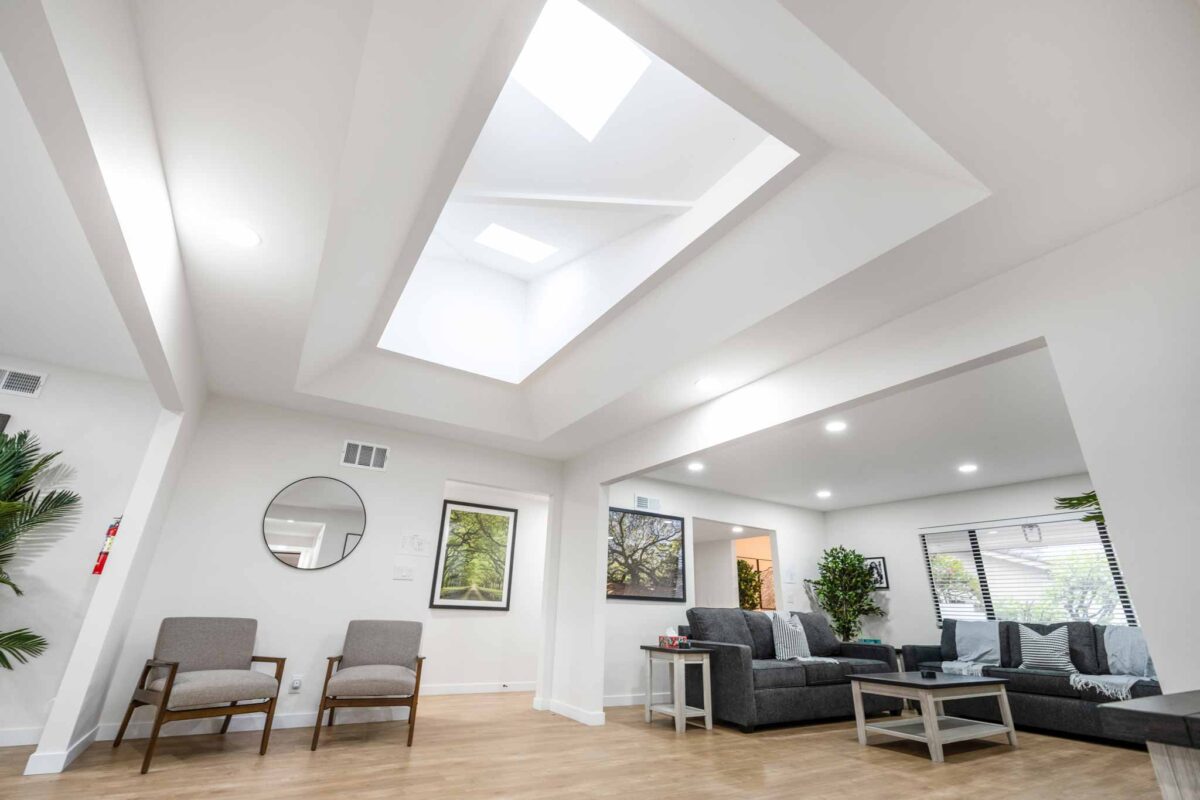
Post-Traumatic Stress Disorder (PTSD) Treatment Programs for Teens in Los Angeles, California
Our compassionate PTSD treatment for teens
Many of us will encounter or have already experienced a traumatic event at least once in our lifetimes. However, most of us don’t properly address this trauma, and complicated mental health conditions can develop when we don’t receive proper PTSD treatment after experiencing a traumatic event.
With the help our post-traumatic stress disorder (PTSD) treatment program, your teen can process traumatic events that have happened in their life and get the coping tools that they need to move forward.
Teen PTSD treatment at Clear
At Clear, we offer PTSD therapy programs tailored specifically for teens. We know that trauma affects everyone differently, and our goal is to help teens feel safe, supported, and empowered as they work through difficult experiences.
Our teen trauma program includes evidence-based care for PTSD and other trauma-related symptoms. Through individual and group therapy, teens learn how to understand what happened, manage emotional triggers, and build healthy coping skills.
We are in-network with most insurance providers, and our outpatient treatment centers are conveniently located throughout Los Angeles, CA.
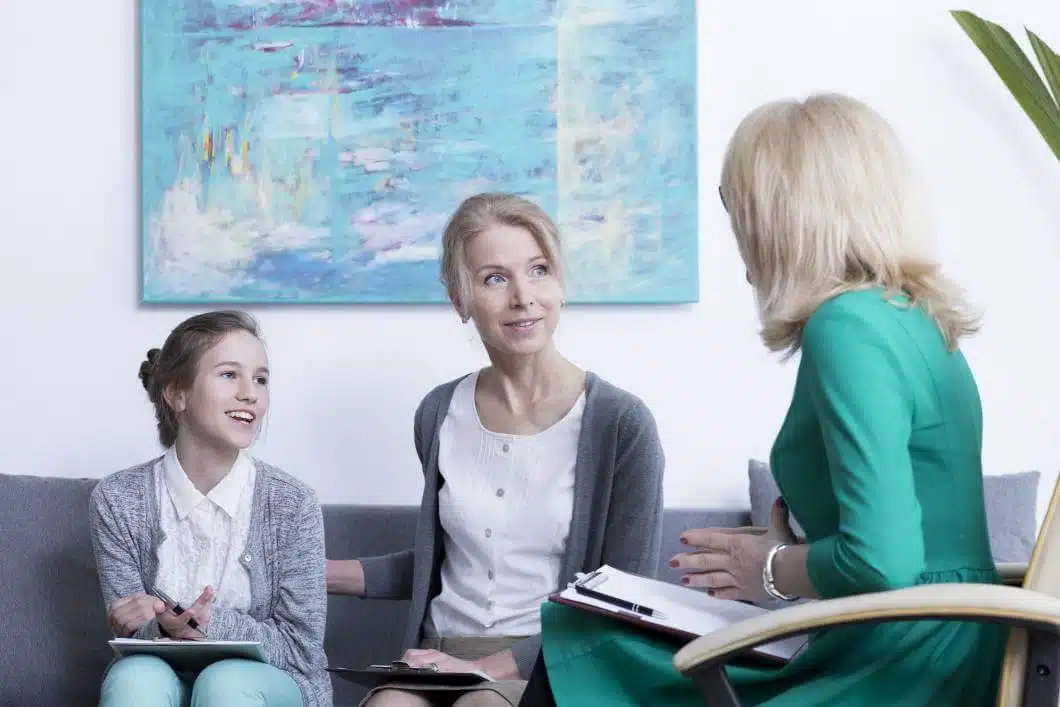
Initial PTSD assessment
To start, your teen will meet with our clinical team for a friendly assessment to understand what they’re going through and how intense the PTSD symptoms are. This helps us find the level of care and support that’s the best fit for your teen.
Our locations
Teen Intensive Outpatient Program (IOP)
Our teen intensive outpatient program (IOP) utilizes an all-encompassing approach to treating PTSD in teens, combining family-focused therapy, group therapy, individual therapy, and holistic methods.
PTSD is tough to navigate without support, which is why our teen IOP can change the trajectory of your future.

Teen IOP Includes:
12 weeks of treatment | 3 days a week | 3 hours per day
You are free to identify the days that support your schedule, Monday through Friday
What to expect with Teen IOP
Our teen IOP provides comprehensive clinical support through individual and group therapy, case management and holistic therapies to support the full spectrum of treatment for PTSD symptoms. Each program includes:

Individual Therapy
Every week, your teen will meet with their therapist to discuss their symptoms and feelings, the root cause of their condition, and specific triggers.
We use many forms of therapy for PTSD, including CBT, DBT, and EMDR therapies.

Case Management
Your teen will meet with a case manager weekly to work on developing fundamental coping and life skills to work through triggers successfully.
By developing these skills, your teen will gain the confidence to move to the next chapter of their life.

Group Therapy
By attending daily group therapy, your teen has the opportunity to listen to others’ experiences of difficulty with mental health symptoms and how they navigate them.
Through understanding they are not alone, group therapy provides understanding and community support.

Family Therapy
Our teen program provides a safe and open space to discuss your teen’s mental health struggles, how to overcome them, and work through your familial issues with clinical guidance.
By educating you and your teen, you can learn how to better support and communicate with one another.

Holistic Groups
Our daily holistic therapy groups allow your teen to reconnect with what they enjoy through art and music therapy. We also encourage meditation, yoga, mindfulness, and more.
These holistic treatment methods are proven to help you stay present in your mind and body.
We are in-network.
Learn more about your coverage options:
Conditions we treat
Our outpatient programs for adults
Our other services
We provide mental health services for adults and teens and substance use disorder treatment for adults throughout Los Angeles and California. Learn more about some of our other featured services:
What is post-traumatic stress disorder?
Post-Traumatic Stress Disorder (PTSD) is a mental health condition that can develop after experiencing or witnessing a traumatic event. For teens, this could include things like abuse, violence, serious accidents, the loss of a loved one, or ongoing emotional neglect. PTSD isn’t just about what happened—it’s about how your mind and body are still reacting to those experiences.
Some signs of PTSD in teens may include upsetting memories or flashbacks, nightmares, avoiding people or places that remind you of what happened, feeling on edge or easily startled, trouble sleeping, and feeling numb or disconnected. You might also experience anxiety, sadness, or anger that feels hard to control.
At Clear, we focus on building a trusting, safe space so you can work through these past experiences at your own pace. Healing starts with feeling understood.
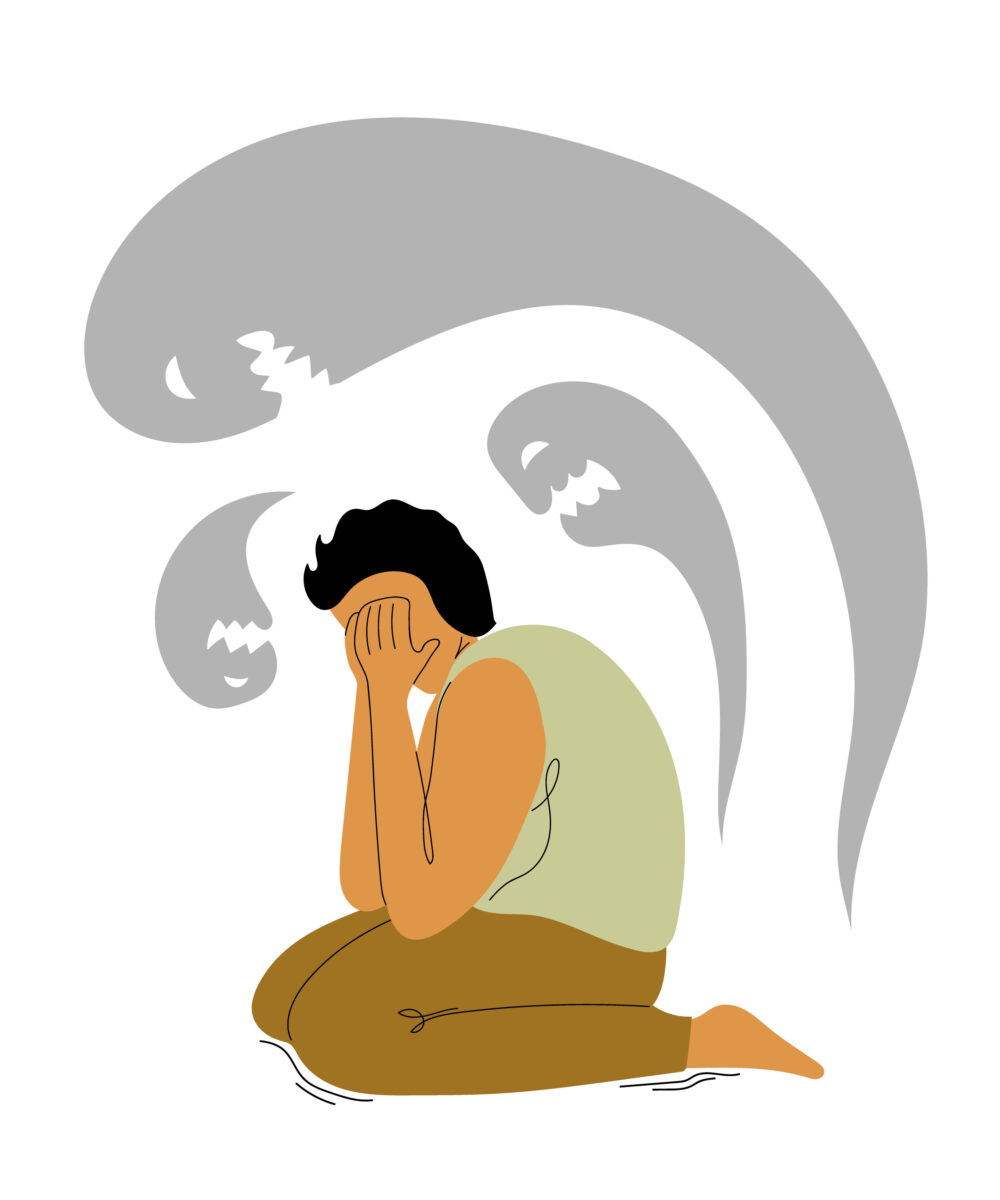
Get support for teen PTSD
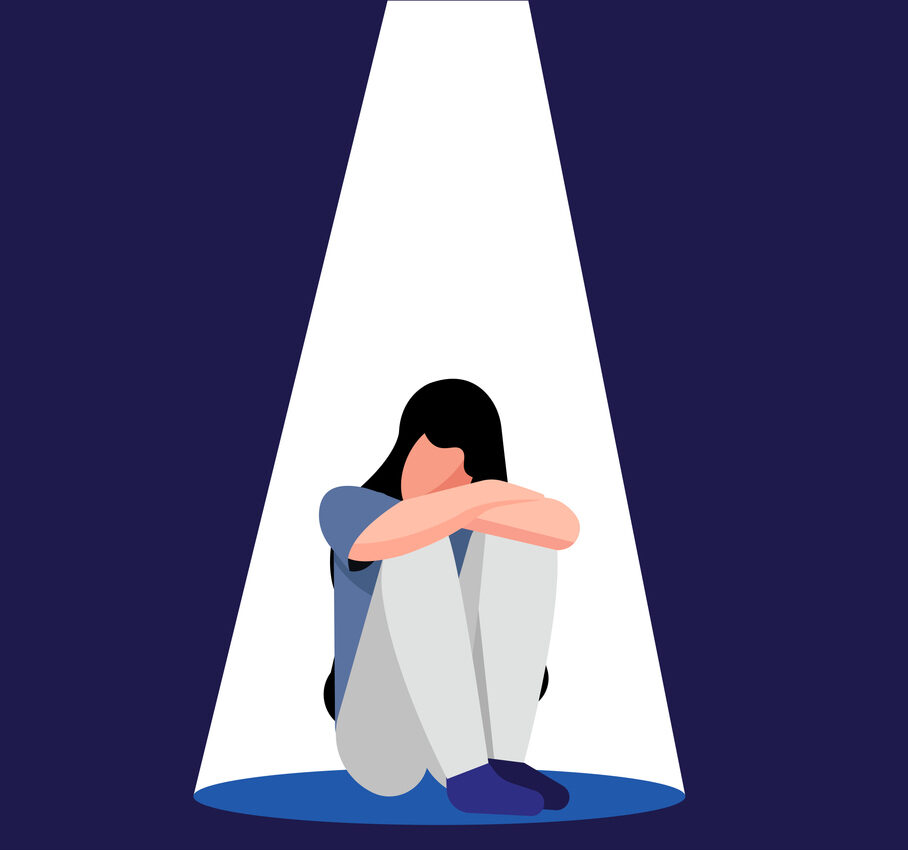
Signs and symptoms of PTSD in teens
If your teen has experienced trauma, you may start to notice changes in their behavior, emotions, or thinking. Here are some common signs of PTSD in teens:
- Recurring flashbacks or intrusive memories that seem to come out of nowhere
- Frequent nightmares related to the traumatic event
- Physical signs of distress when reminded of the trauma—such as a racing heart, sweating, or panic-like reactions
- Avoiding certain people, places, or situations that remind them of what happened
- Risky behaviors like self-harm or substance use as a way to cope with overwhelming thoughts or emotions
- Increased irritability, anger outbursts, or extreme mood swings
- Hypervigilance—being jumpy, easily startled, or always seeming “on edge”
- Difficulty concentrating or remembering details of the traumatic experience
- Low self-esteem or intense feelings of guilt, shame, or fear
- Social withdrawal or isolation from friends, family, or activities they once enjoyed
If your teen is showing these signs, know that help is available. With compassionate, trauma-informed care, teens can learn to process their trauma, build healthy coping strategies, and begin to heal.
Types of PTSD
Post-Traumatic Stress Disorder (PTSD) is often referred to as an umbrella diagnosis—meaning there are several related conditions that fall under the broader category of trauma. In teens, these disorders may show up in different ways. Understanding the differences can help you recognize what your teen may be experiencing:
- Normal Stress Response – After a one-time traumatic event, your teen may experience a normal stress reaction. This can include emotional upset, temporary disconnection (dissociation), withdrawal, or disturbing memories. These symptoms usually resolve on their own with support from family, school counselors, or a therapist, and don’t lead to long-term impairment.
- Acute Stress Disorder – This condition occurs shortly after a traumatic experience and includes more severe symptoms like panic attacks, extreme anxiety, difficulty concentrating, and emotional numbness. Teens may also show distrust of others or struggle to function at school, at home, or in social settings. ASD is more common in those who’ve experienced intense or repeated trauma and, if untreated, can develop into PTSD.
- Uncomplicated PTSD – This form typically follows a single traumatic event (like a car accident or a natural disaster). Your teen may avoid reminders of the trauma, struggle with mood swings, or seem less emotionally available. This form of PTSD often responds well to therapy, especially when caught early.
- Complex Post Traumatic Stress Disorder (CPTSD) – C-PTSD usually results from long-term or repeated trauma, especially during childhood—such as abuse, neglect, or unstable home environments. In teens, this can lead to more severe emotional and behavioral issues, including intense shame, identity confusion, difficulty forming healthy relationships, and symptoms that overlap with other conditions like borderline personality disorder. Teens with C-PTSD may also struggle with impulsivity, self-harm, or emotional regulation.
- Comorbid PTSD – Many teens with PTSD also experience co-occurring mental health conditions, like depression, anxiety, ADHD, eating disorders, or substance use. These overlapping diagnoses can intensify symptoms and complicate recovery. A dual diagnosis approach—treating both PTSD and the co-occurring condition together—is the most effective path toward long-term healing.
If your teen is showing signs of trauma along with substance use or other mental health struggles, Clear offers specialized outpatient treatment programs. We treat PTSD alongside related conditions to provide teens with the tools and support they need to heal emotionally, mentally, and physically. Let us help your teen find safety, support, and a path forward.
How to treat PTSD in teens
At Clear, we take a trauma-informed approach to treating PTSD in teens, beginning with trust and emotional safety. Our team helps teens feel supported as they learn to manage symptoms, understand their triggers, and stay grounded during the healing process.
Treatment includes individual and group therapy, case management, and holistic practices to support emotional, mental, and physical well-being. We also partner with Neuro Wellness Spa to provide TMS and MeRT treatments, talk therapy, and psychiatry for teens who may benefit from additional support.
PTSD can make teens feel isolated, anxious, or disconnected from their lives. We’re here to help them reconnect with themselves, build resilience, and move forward with confidence. Reach out today to start your teen’s journey toward healing.
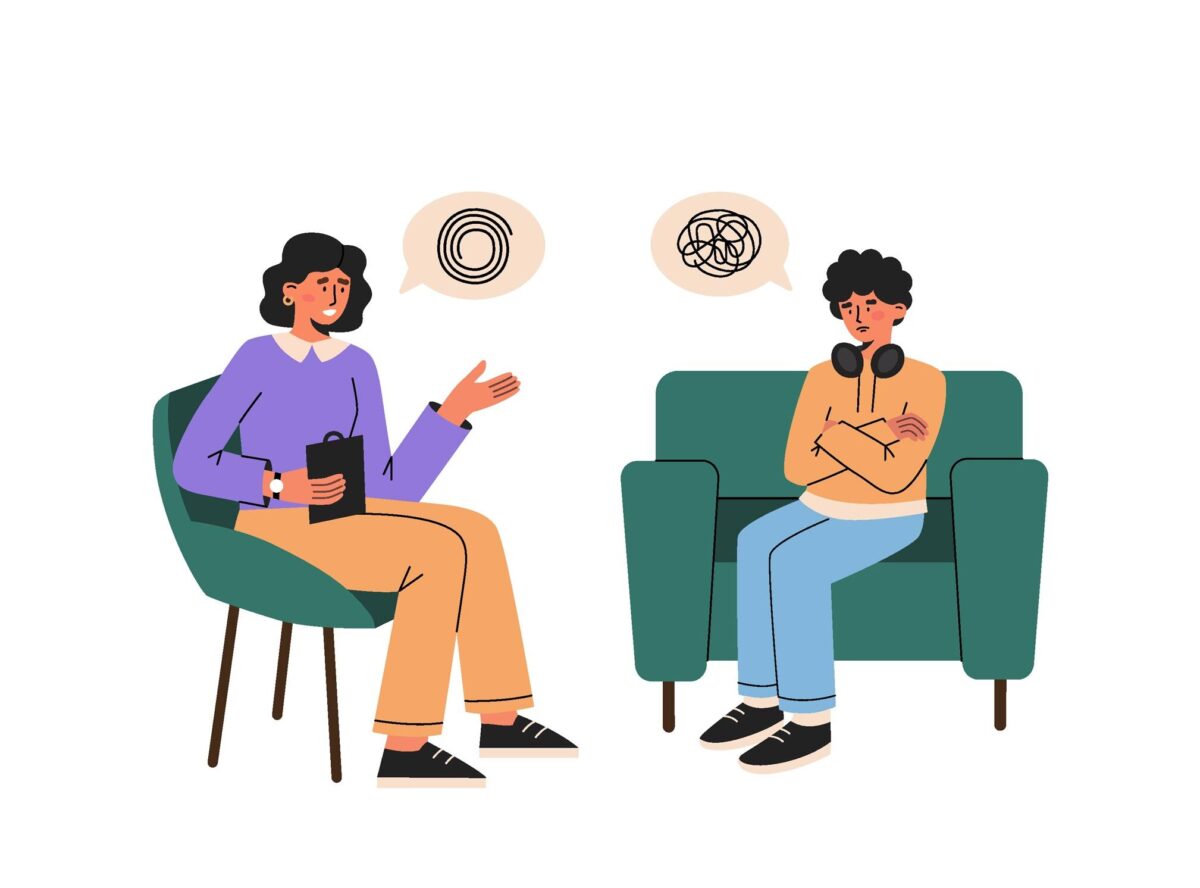
PTSD resources
-

Supporting Teens After Exposure to Secondary Trauma: What Parents Need to Know
While simply scrolling on social media, teens can be exposed, without warning, to disturbing images and stories of violence. Whether…
-

Coping With Crisis – Getting Mental Health Support After the LA Wildfires
Natural disasters, such as wildfires, storms, earthquakes, and floods, can have profound effects not only on our physical safety but…
-
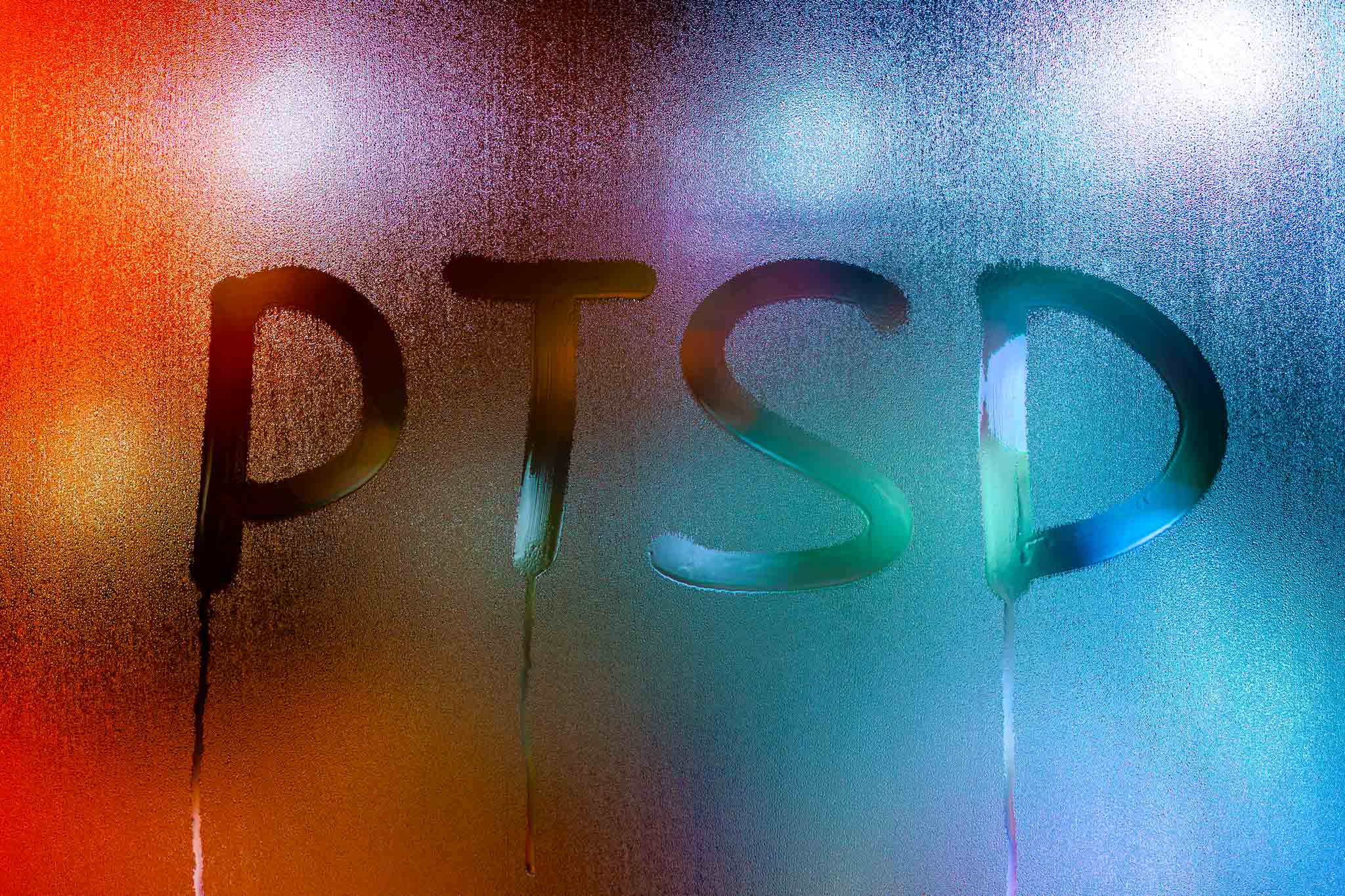
What is PTSD (Post-Traumatic Stress Disorder)?
Post-traumatic stress disorder (PTSD) is a widespread mental health condition known to affect millions worldwide. In the United States alone,…
View our complete archive of resources from our expert contributors:
Frequently asked questions
Read through our FAQ for any questions you may have or give us a call today. We are here to answer your questions and support you or your loved one through their healing journey.
What can PTSD do to a teen?
PTSD in teens can affect their school, relationships, and personality. They might exhibit reckless or aggressive behavior, fall behind in school, and have spontaneous emotional outbursts. They can develop more severe mental health conditions, including depression, anxiety, OCD, or even suicidal thoughts.
Left untreated, these behaviors can last well into adulthood, affecting their life for years, often unconsciously.
Finding support and evidence-based treatment for your teen after a traumatic experience has been proven to be effective in helping them cope with the trauma and develop strategies for the emotional attributes associated with it.
How do I help my child with PTSD?
Helping your child with PTSD comes down to supporting your child emotionally, psychologically, and physically. They need to feel safe to express themselves and their emotions and know you are there to listen, reassure, understand, and provide empathy. Help them relax and get their mind off of the event by doing things together that you enjoy.
Finding support outside of the home can be beneficial as well. Group therapy settings and PTSD treatment programs offer spaces for your teen to understand they are not alone and a place for them to talk openly about the event with professionals and peers who understand.
What causes PTSD?
PTSD is caused by a traumatic event that significantly affects your life. Whether you experience it directly or indirectly, the symptoms can last anywhere from a few weeks to lasting for years if left untreated. There are many effective PTSD Treatment options available to help you ease your PTSD symptoms today.
Contact Us
For more information about our services, to schedule a tour, or to find out if your treatment is covered by your health insurance, contact our expert clinical team today by completing this form.
